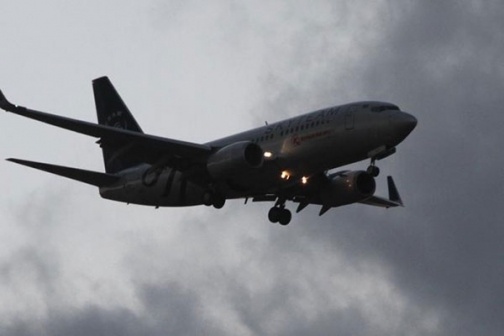×
The Standard e-Paper
Join Thousands Daily

Kenya Airways paid consultancy firm McKinsey and Company a staggering Sh2.3 billion in six months at a time the airline is struggling to remain afloat.
Invoices seen by The Standard on Saturday show that the consultancy firm, which is helping the airline implement its restructuring plan, has been drawing about Sh43 million every week since March this year as weekly fees.